1. Tying a dog to the roof

In Alaska, it’s specifically illegal to tie a dog to the roof of your car. In most states, you wouldn’t consider rooftop dog travel at all—and there’s no law against it specifically. But in Alaska, someone might do that in remote areas—and the law bans it outright. A habit that might not occur in other places is formally prohibited there for animal safety reasons.
Elsewhere, transporting a pet on a seat or inside a crate is commonplace; tying it outside would be frowned upon but not necessarily legally banned. The Alaska law exists because of its extreme weather, wildlife interaction, and safety concerns. It’s an oddly specific rule, but if you look it up, you’ll find it clearly written. Normal elsewhere, illegal there.
2. Pumping your own gas

It’s perfectly normal in most U.S. states to pull up to a pump and fill’er up yourself. But in Oregon (and some parts of New Jersey) it’s actually illegal—you must wait for an attendant. This habit feels totally automatic if you’ve ever road‑tripped east from there. It’s a prime example of a regional quirk you’d never expect until you’re circling the station.
Someone visiting Oregon might get out and start pumping, only to be politely told that you can’t. The law exists due to safety regulations and historical precedent. It’s enforced even though in most states no one would blink. Easily one of the most surprising state‑to‑state differences you can spot at the gas station.
3. Driving with a pet on your lap
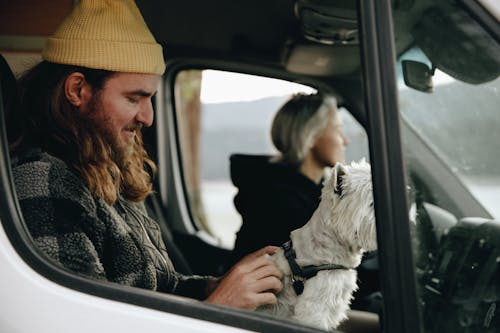
In many states—especially rural ones—drivers routinely let their dog ride shotgun on their lap or in their arms. But in Hawaii, that’s actually illegal: the pet must be restrained or elsewhere. For locals it feels like common sense; for visitors it can feel downright surprising. Enforcement centers around distracted driving and the potential risk of the animal interfering with control.
Hawaiian law treats lapsit pets as dangerous distractions behind the wheel. Drivers from other states visiting Maui or Honolulu may be warned or even ticketed. So a harmless habit like cuddling your pup while driving becomes illegal instantly across state lines. It’s a great cautionary tale about regional rules and safety concerns.
4. Lane‑splitting on a motorcycle
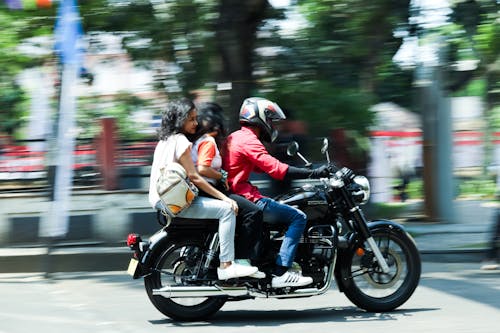
In California, experienced motorcyclists can legally lane‑split—riding between slow or stopped cars in the same direction. In most other states, that’s either explicitly illegal or commonly interpreted as reckless driving. Californians see it as a time‑saving, risk‑reducing method; elsewhere, cops may cite you. The habit is specific, narrow, and backed by state law only in a few places.
A biker from Texas riding in San Francisco might enjoy filtering through traffic, but doing the same thing in, say, New York or Pennsylvania could get them ticketed. That stark difference is built into the state’s vehicle code. One state’s norm becomes another state’s traffic violation immediately. It’s a real illustration of how state‑by‑state legislation creates unexpected boundaries for everyday behavior.
5. Turning right on red
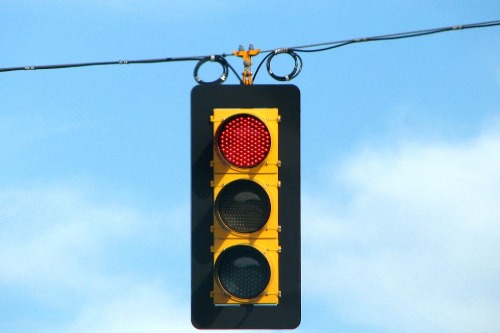
Turning right on a red light after stopping is legal almost everywhere in the U.S. except where posted signs forbid it—or in special zones like New York City and Washington, D.C. These areas ban the practice entirely, even though the general federal rule encourages it. Drivers used to making that turn everywhere can accidentally commit an offense. It’s one of those subtle habits you rarely question until you’re faced with a no‑turn sign.
So someone used to cruising through red lights legally after stopping might find themselves ticketed in parts of Manhattan or across D.C. It feels intuitive until you realize the local rule forbids it outright. It’s not personal—they just have a blanket prohibition that other cities don’t. Right‑on‑red is basically a habit with sharp legal limits depending on location.
6. Driving in reverse on public roads
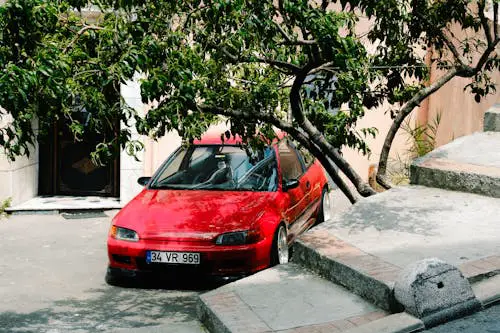
In Arizona, driving in reverse on a public road is against the law—at least outside defined maneuvers like parking or emergency avoidance. Elsewhere, reversing when safe (say to back into a driveway) is standard and expected. Arizonans might find other drivers circling for parking spots odd or even illegal. This rule exists because certain accidents were traced to awkward, unsafe reversals on busy streets.
For a driver from Colorado, backing up briefly across a wide quiet road may feel normal. But in Arizona city streets, that same habit is technically illegal. You can do it in specific controlled scenarios, but spontaneous reversing? That’s a violation. It’s one of those habits that shift dramatically in and out of legality depending on state law.
7. Wearing certain attire while driving

In California, it’s illegal for a woman to drive wearing a housecoat (loosely described, but often understood as gowns or robes). That rule doesn’t exist in most other states—where driving in pajamas or robes might raise eyebrows but isn’t prohibited. Californians might find that rule archaic, but it remains in the books. It’s an example of an outdated law that still technically differentiates states.
A visitor from New York might chuckle at that rule until they hear about it accurately. No one enforces it aggressively these days, but it’s still on the statute books. That means the same attire is legal elsewhere but remains illegal in California locations. A clothes‑related quirk that legal systems haven’t yet erased.
8. Honking your horn after 9 p.m. near certain venues
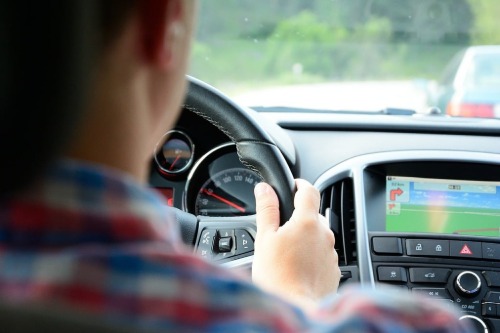
In Arkansas (particularly Little Rock), honking your horn outside restaurants or cold‑drink establishments after 9 p.m. is illegal. In most states, horn usage in that context is totally fine—maybe slightly frowned on, but not against the law. In Arkansas locals learn early that a friendly toot could cost a fine if done at night. It’s a specific and odd rule, but it’s enforced.
A behavior that feels completely harmless in, say, Florida or Ohio suddenly becomes a no‑no in that Arkansas jurisdiction. It was created to reduce noise late at night near nightlife spots. A driver unfamiliar with it might get cited for normal city driving. An everyday reflex becomes illegal just by crossing one county line.
9. No hazard‑light driving
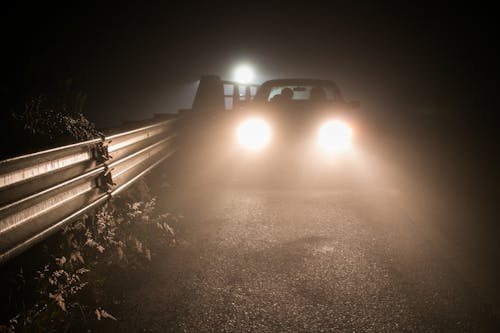
In Hawaii, it’s illegal to drive with your hazard lights on while the vehicle is still moving—even to warn other drivers. In almost every other state, setting hazard lights when slowing or stopping unexpectedly is standard practice. Hawaiians rely on other means of signaling slowdown or stopping. That means a mainland habit like blinking hazards on a slow highway feels illegal there.
A driver from Washington or Texas could instinctively hit hazards in twilight traffic, but in Hawaii, you might get a warning. The law is specific to discourage ambiguity and risky signaling. It’s one of those quirks you won’t see until arrival. A driving habit many think universal, but it isn’t in this instance.
10. Swearing from a vehicle
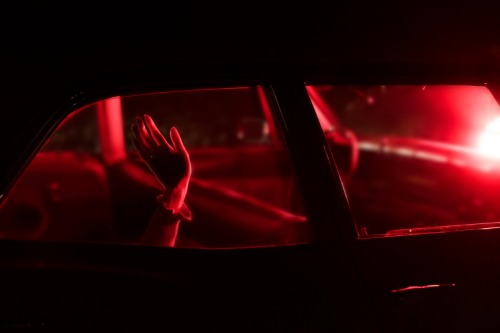
In Maryland (specifically Rockville), using profane language from your car where others can hear it is illegal and could result in a misdemeanor charge. In most states, cursing inside your car—even shouting it out the window—might annoy someone, but it’s not a crime. That specific rule targets noise and public decency. A local driver might avoid opening their window to rant about traffic.
Someone just reacting to a cut‑off or bad driver could legally risk a ticket. It’s a bizarre situation where language and driving intersect with local law. That makes it a habit that’s fine in most places, but illegal in that location. Definitely one to watch if you’re road‑raging in Rockville.
11. Reading or changing clothes in a parked car
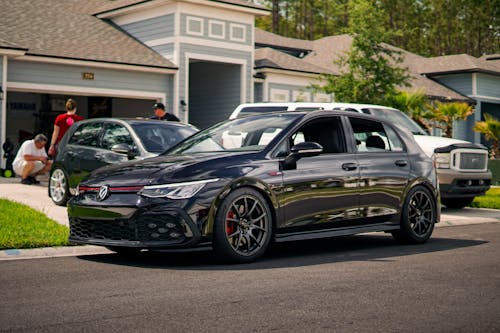
In Delaware (Fenwick Island area) and New York (Sag Harbor), changing clothes in a parked vehicle is illegal and can be fined. In most of the U.S., people switch shirts or slip into swimwear in the car all the time. These two locations passed laws to avoid indecent exposure or suspicious behavior. That means something many drivers do casually is explicitly banned there.
Visitors at the beach doing a quick clothing change in their parked car might think nothing of it. But in those towns, it falls foul of local vehicle codes. It’s such a narrow rule you’d never notice until someone references it. A normal behavior elsewhere becomes an offence in these specific spots.
12. Driving without windshield wipers
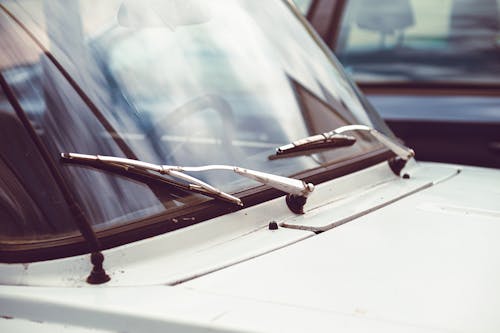
In Texas, your vehicle registration can be denied if your car doesn’t have windshield wipers—although it oddly doesn’t require a windshield itself. Many other states require both windshield and wipers, or neither, but take no position on registration. Texans must meet that specific equipment rule. That’s a habit of ignoring minor damage that works fine elsewhere but not there.
Someone from California with a cracked windshield and missing wiper blades might renew their tags just fine. In Texas, even parking a car without wipers could fail inspection. What feels minor or cosmetic in one place is legally disqualifying in another. A habit of slacking on equipment maintenance meets a surprising legal roadblock.
This post 12 Driving Habits That Are Totally Normal in One State and Illegal in Another was first published on American Charm.


